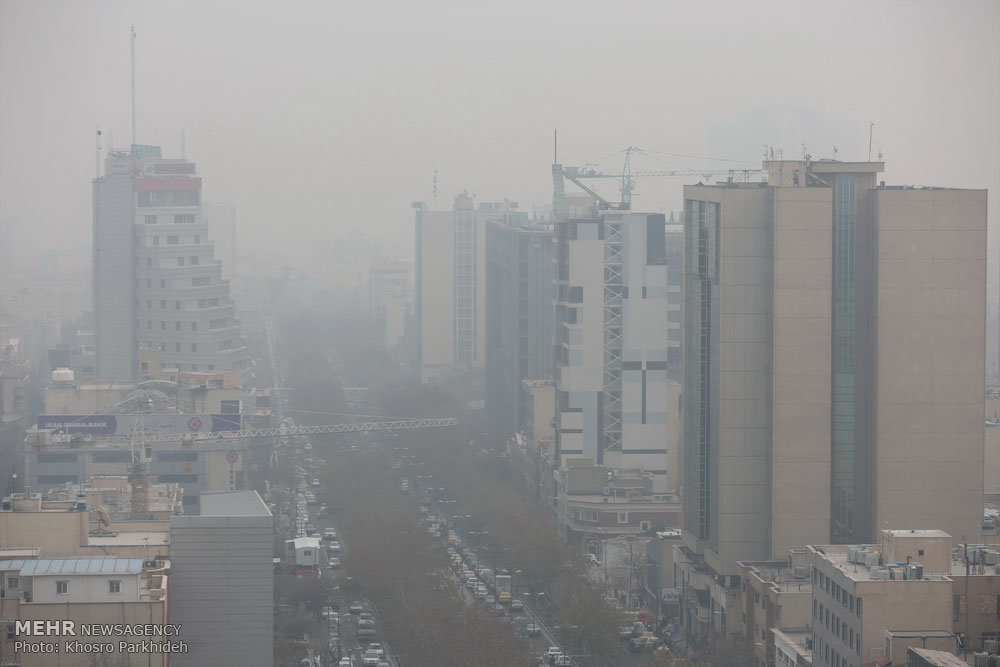Air pollution should become main issue for theses: academic

TEHRAN – The budgets for developing master’s or doctoral theses and researches should be directed towards finding ways to mitigate air pollution, as the issue has been the main challenge for metropolises across the country in recent years, Shahid Beheshti University faculty member Yousef Rashidi has said.
Stressing the need for exchanging knowledge among experts and academics in the field of air pollution, he stated, given that air pollution imposes numerous threats to the public health and brings environmental damages to the country, research budget allocation should focus on air pollution in order to ultimately present to the responsible bodies as executive plans.
Touching on the need for quality content to come up with solutions for curbing air pollution, he highlighted that the 6th rounds of national conference on air and noise pollution management has been held in recent years in this regard.
Six editions of the conference have been held with foreign experts in attendance, aiming to share the latest scientific achievements in reducing air pollution and preventing repeating the inefficient methods other countries tried before, he added.
The 7th national conference on air and noise pollution management organized by Tehran Municipality, Sharif University of Technology and Iranian scientific association of clean air, will be held in Tehran on January 28-29.
He went on to say that all the advanced achievements on this field will be analyzed by the experts and will be gathered as a package of proposals and granted to the Department of Environment (DOE), municipalities and other air pollution control agencies.
He further called on the DOE to cooperate more on this field.
World Health Organization (WHO) asserts that Tehran is one of the most air polluted cities in the world. Tehran is ranked 12th among 26 megacities in terms of ambient PM10 levels. In 2016, the annual ambient level of PM10 was estimated at 77 micrograms per cubic meter. This is almost four times the WHO’s recommended threshold of 20 micrograms per cubic meter.
According to WHO, air pollution is a major environmental health problem affecting 92 percent of the people globally, which was estimated to cause 4.2 million premature deaths worldwide per year in 2016; this mortality is due to exposure to small particulate matter of 2.5 microns or less in diameter (PM2.5), which cause cardiovascular and respiratory disease, and cancers.
People living in low and middle-income countries disproportionately experience the burden of air pollution with 91 percent.
FB/MQ/MG
